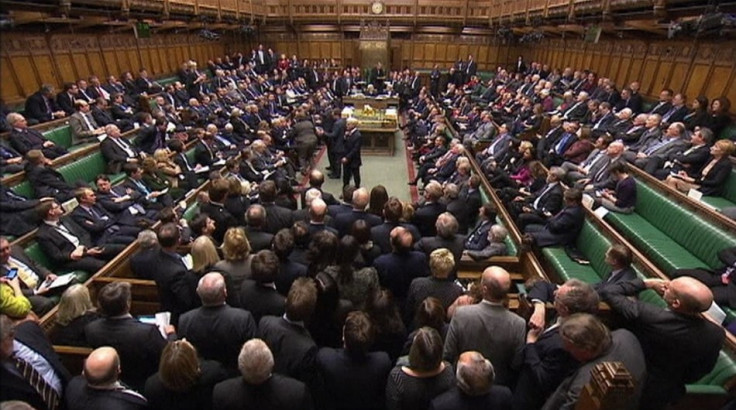UK MPs to Defy Pay Freeze with 11% Salary Hike

Britain's MPs are to receive an 11% pay rise, taking their salary to £74,000 a year, despite opposition from all three party leaders.
The Independent Parliamentary Standards Authority (Ipsa) says the rise will come in to effect in 2015, and will be partly funded by increasing the amount MPs pay towards their pensions and cutting back expenses.
The rise will still cost the taxpayer an extra £4.5 million a year.
MPs did not vote on their increase as Ipsa, the watchdog that was set up in the wake of the 2009 expenses scandal, takes the decision independently.
A Downing Street spokesman said "We believe that the cost of politics should be going down, not up."
Cameron has remarked that an 11% rise would be in sharp contrast to the 1% pay rise for other public sector workers.
Deputy prime minister Nick Clegg previously said that people would find a pay rise "impossible to understand" when living standards were being "remorselessly squeezed".
Labour leader Ed Milliband has previously pledged not to accept the pay rise, and said that if Labour come to power his government will restrict MPs to a pay rise of 1% per year, which comes to about £660.
When questioned by Ipsa, two-thirds of MPs said they believed they were underpaid, and the watchdog's chairman Sir Ian Kennedy says politicians' pay must "catch up" after years of being suppressed.
However, the research found no evidence that pay rates were deterring candidates for parliament, reducing the diversity of MPs, affecting their ability to do their jobs, or influencing them to quit.
Ipsa said that as part of the reforms, MPs would no longer receive a £15 meal allowance and expenses claims for tea and biscuits would be scrapped. Taxi fares can now only be claimed after 11pm.
MPs will also no longer to be able to claim for expenses such as TV licences and contents insurance, in a clampdown on allowances for second homes.
Ipsa said that subsequent pay increases will be in line with national averages.
Matthew Sinclair of the Taxpayers' Alliance campaign group said the public would be "furious that the pay rise comes at a time when MPs urge public pay restraint and the chancellor tells us he can't afford to ease the burden of taxes on hard-pressed households and businesses".
© Copyright IBTimes 2025. All rights reserved.






















